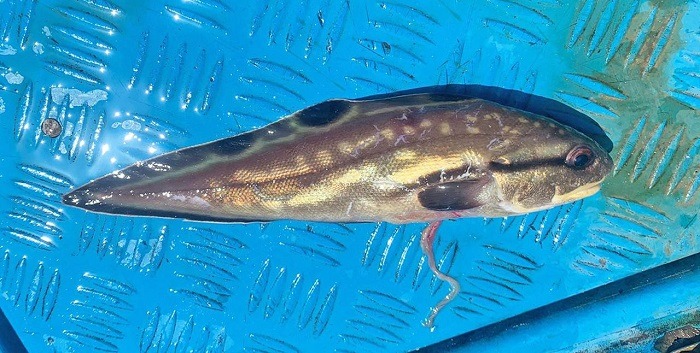How Saudi Arabia is promoting healthy diets and sustainability with plant-based alternatives
RIYADH: Just a few short years ago, visitors to Saudi Arabia could never have imagined feasting on a plate of vegan tuna nigiri or a meatless shawarma. Thanks to new investments in agritech, these plant-based alternatives are now firmly on the menu.
With the movement towards meatless eating gaining momentum in response to mounting environmental and health concerns, the Kingdom’s public and private sectors are working together with a view to produce food more sustainably.
“Taking actions towards plant-based products is essential for promoting environmental sustainability,” Faisal Al-Sughayer, co-founder and general manager of Saudi plant-based brand Ayla’s Choice, told Arab News.

“Conserving resources, enhancing human health, ensuring food security, and even economic opportunities as well — and also building climate resilience. This is what we’re trying to do with farming.
“By making conscious choices to incorporate more plant-based options into our diets and lifestyles, we can contribute to a positive change and create a healthier, more sustainable society.”
Since the launch of the Saudi Green Initiative in March 2021, the Kingdom has witnessed significant changes owing to its commitment to enhance food security, the promotion of sustainable agriculture, and adaptation to evolving food trends.
Mindful of vulnerabilities in the global supply chain, the Kingdom’s investment in food industry innovation and diversification is also designed to achieve a degree of self-sufficiency in meeting the dietary needs of the population.

This is being driven in part by government initiatives, new technological advances, and shifts in consumer preferences.
About a year ago, the Saudi Ministry of Environment, Water and Agriculture signed deals with the Cooperative Societies Council, Saudi Greenhouses Management and Agricultural Marketing Co., and Ayla’s Choice to develop plant-based foods.
With these agreements, the ministry aims to promote a culture of healthy eating, provide locally made, high-quality vegan and vegetarian alternatives, and to utilize advanced technologies for producing meat and dairy substitutes.
These deals will also help modernize farming and marketing systems, promote food security, enhance environmental sustainability, and contribute to the overall development of the Kingdom’s agricultural sector.

According to Al-Sughayer, Ayla’s Choice was the first company in Saudi Arabia to obtain a license from MEWA to produce plant-based products, paving the way for more licenses and investment opportunities.
The company’s goal is not to promote a completely meatless and dairy-free diet, but rather to provide consumers with healthy alternatives to animal products.
At one of its recent workshops in collaboration with MEWA, the company showcased innovative products, including truffle and olive caviar, carrot-based smoked salmon tartlet, tomato tuna nigiri, and eggplant unagi nigiri.

“We’re eager to explore opportunities for collaboration for sustainability planning initiatives, including setting targets for reducing greenhouse gas emissions, by conserving water resources, preserving biodiversity, and participating in government led working groups or task forces focused on sustainable food systems,” said Al-Sughayer.
In doing so, the firm aims “to provide expertise and input from our sites from the plant-based sector, and from the agricultural sector to enhance food security in Saudi,” he added.
As of now, collaborations are in the works with MEWA, the Ministry of Economy and Planning, and individual companies to embark on joint ventures that will ensure the availability of the highest-quality meat- and dairy-free foods.


